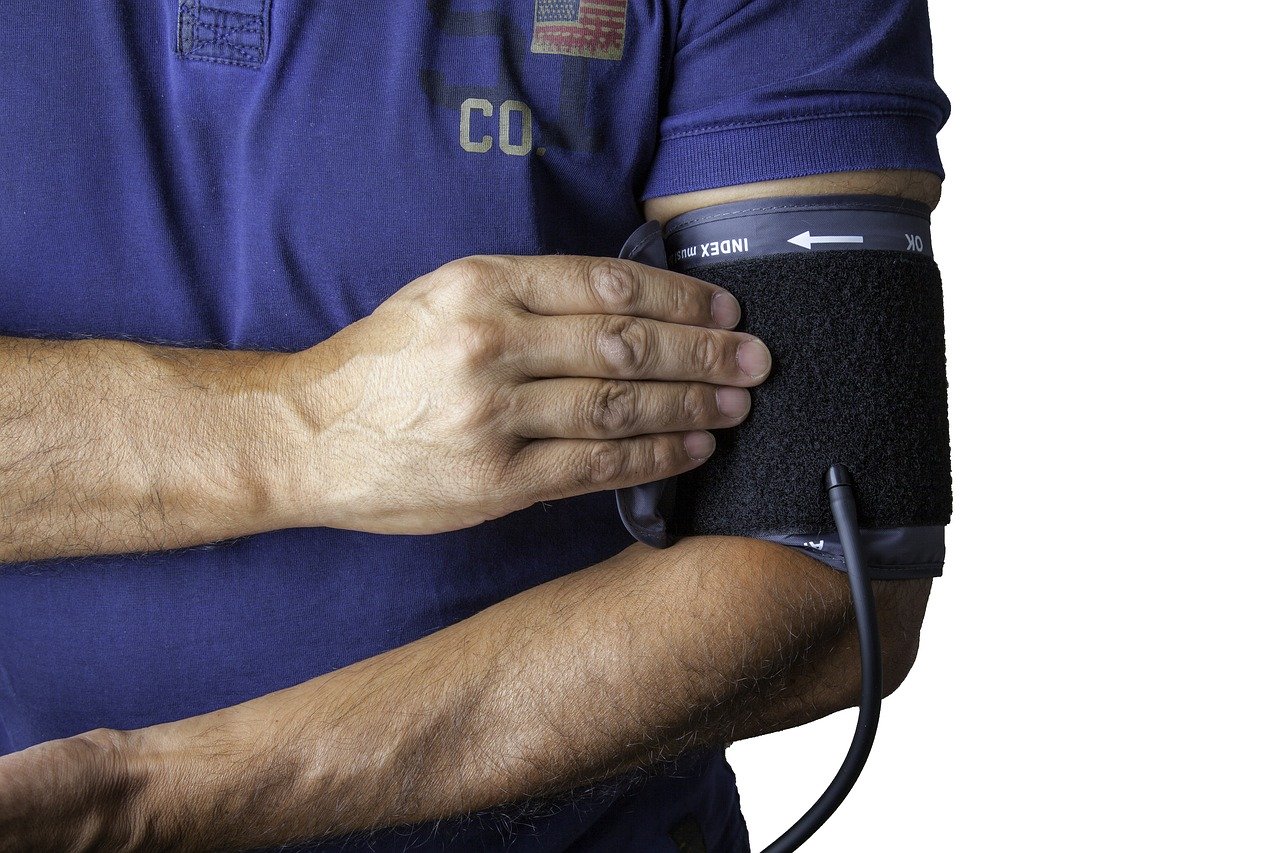In April 2020 researchers from China published their review of the medical scientific literature to assess the influence of tai chi on blood pressure and related risk factors in individuals … Read more
Tai Chi may be an effective exercise option for individuals who have suffered a heart attack
In March 2020 researchers from China and the USA published their review of the medical scientific literature to assess the effectiveness of tai chi in individuals who had suffered a … Read more
In individuals with hypertension, the greatest reduction in blood pressure levels was seen in those who practiced yoga, followed by Zumba dance and finally aerobics
In February 2020 researchers from India published the results of their study to assess the effectiveness of yoga, Zumba dance, and aerobic exercises in controlling blood pressure levels in Indian … Read more
Moderate physical activity, watching television/movies for less than 3 hours/day and sitting for under 8.5 hours/day in total reduces the risk and progression of atherosclerosis
In February 2019 researchers from the USA published the results of their study to assess the association between sedentary behavior and physical activity on risk of atherosclerosis in a Mexican … Read more
When compared to watching television, videos or DVDs for under 7 hours/week, watching for over 21 hours/week appears to increase the risk of atherosclerosis by approximately 80%
In January 2019 researchers from Greece published the results of their study to assess the association between television viewing, as a sedentary behaviour pattern, and risk of atherosclerosis. A total … Read more
Aerobic exercise appears to significantly improve executive functioning (eg the ability to pay focused attention to and to listen, to start, plan or complete tasks or even switch among tasks) in adults at risk for cognitive decline
In January 2019 researchers from the USA published the results of their study to assess the effect of aerobic exercise and the Dietary Approaches to Stop Hypertension (DASH) diet on … Read more
Drinking one glass of wine per day is associated with a reduced incidence of chronic kidney disease and cardiovascular disease as well as a reduced risk of cardiovascular disease in those with chronic kidney disease
In November 2018 researchers from the USA published the results of their study to assess the association between wine consumption and the incidence of chronic kidney disease and cardiovascular disease. … Read more
Scientists, public health practitioners and parents need to better understand the content of their child’s screen time, how they use screens to fulfill specific needs, and how their interaction with screens has an impact on their health and choices
In May 2020 researchers from the USA published their review on the association of extended television viewing with obesity in adolescents. The researchers stated that on a global basis, adolescent … Read more
Scientists, public health practitioners and parents need to better understand the content of their child’s screen time, how they use screens to fulfill specific needs, and how their interaction with screens has an impact on their health and choices
In May 2020 researchers from the USA published their review on the association of extended television viewing with obesity in adolescents. The researchers stated that on a global basis, adolescent … Read more
Moderate wine intake, especially red wine, at 1-2 glasses per day as part of the Mediterranean diet, appears to be associated with disease prevention and an improvement in disease prognosis
In August 2018 researchers from Greece published their review of the medical scientific literature to assess the association between moderate wine consumption and health. The researchers stated that moderate wine … Read more
A greater adherence to the Okinawan dietary pattern appears to be significantly associated with a reduced incidence of ischaemic heart disease
In February 2020 researchers from China and Australia published the results of their study to assess the association between the Australian Dietary Guidelines 2013, Mediterranean-DASH diet Intervention for Neurodegenerative Delay … Read more
Consuming healthy diets appear to be effective in reducing both systolic and diastolic blood pressure, with high-fibre and low-sodium diets appearing to produce the greatest reductions in systolic and diastolic blood pressure in individuals with diabetes type 2
In April 2020 researchers from Iran and Puerto Rico published their review of the medical scientific literature to assess the effect of different dietary approaches on systolic and diastolic blood … Read more
A higher adherence to the DASH diet appears to be associated with lower blood pressure, abdominal fat rating and waist circumference in university students
In March 2020 researchers from Spain published the results of their study to assess the association between adherence to the Dietary Approaches to Stop Hypertension (DASH) diet and blood pressure … Read more
Adults genetically at risk of developing hypertension who take vitamin B2 (riboflavin) supplementation may reduce their systolic blood pressure by up to 13 mmHg, which could be clinically important seeing that a 10 mmHg reduction in systolic blood pressure is estimated to decrease the risk of stroke by 40%
In April 2020 researchers from the UK published their review to assess the association between nutrition and risk of hypertension. Hypertension contributes to over 9 million deaths per annum, mainly … Read more
Wine consumption, especially red wine, appears to influence the function of human organs, prevents disease and reduces damage to the cardiovascular system
In July 2018 researchers from Czech Republic and Slovakia published their review on how wine consumption influences the function of human organs, prevents diseases and reduces damage to the cardiovascular … Read more
Older females who use calcium supplementation appear to have significantly higher abdominal aorta calcification progression with no significant preservation of bone mineral density
In March 2020 researchers from Canada assessed the association between calcium supplementation and progression of abdominal aorta calcification over a 5-year period. It should be noted that calcium supplementation has … Read more
White grape juice appears to reduce BMI, waist and abdominal measurements and increase HDL(good)-cholesterol levels in adult women, which may help reduce the risk of cardiovascular disease
In January 2019 researchers from Brazil published the results of their study to assess the effect of white grape juice supplementation on body mass index, waist and abdominal circumference, blood … Read more
Berberine supplementation may delay the development of dementia by preventing brain damage, improving cognition, and by reducing risk factors such as metabolic dysfunction, and cardiovascular, kidney and liver diseases
In March 2020 researchers from Japan, UK and Hong Kong published their review of the medical scientific literature to assess the potential of berberine as a treatment for dementia associated … Read more
Night time eating may increase post-prandial lipid levels thereby increasing the risk of cardiovascular disease for shift workers
In April 2019 researchers from Australia published their review of the medical scientific literature to assess the effect of eating a meal at night compared with the same meal eaten … Read more
Energy drink consumption appears to cause an increase in blood pressure and QT interval and a deterioration in insulin sensitivity in young healthy adults
In March 2019 researchers from Germany published the results of their study to assess the cardiovascular and metabolic effects of energy drinks, a control product without certain ingredients found in … Read more




















